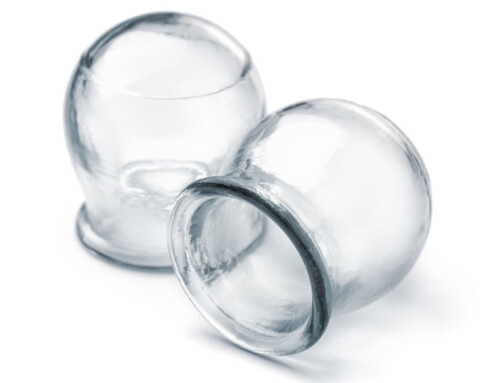by Manin Mathew, SPT
What is Frozen Shoulder?
Frozen shoulder also known as “adhesive capsulitis”, is a painful condition in which the shoulder becomes stiff and inflamed where movement becomes limited with active (self-movement causing muscle contraction) and passive (therapist moving the joint without using muscle contraction) motion. PT for frozen shoulder can provide relief and help healing.
The shoulder consists of a ball-and-socket joint made up of three bones (humerus, scapula, and clavicle) where strong connective tissue known as the shoulder capsule surrounds the joint. Synovial fluid acts as a lubricant to assist the shoulder move more freely. Often, synovial fluid may be decreased with frozen shoulder. Hence, the shoulder becomes stiff due to not using the shoulder from pain and is known as a “frozen shoulder”.
Primary cause: Unknown cause or etiology – impacts approximately 2-5% of the general population
Secondary cause: May be due to trauma or surgery – comorbidities such as diabetes or thyroid disorder may increase the risk up to 38%
Risk Factors for Frozen Shoulder:
- Age 40-65 demographics
- Female
- High blood sugars
- Diabetes Mellitus
- Previous occurrence of adhesive capsulitis in opposite shoulder
Comorbidities associated with adhesive capsulitis:
- Parkinson Disease
- Ischemic heart disease
- Low body weight
- Dupuytren’s Disease
Stages of frozen shoulder (more common with primary)
Stage 1: Onset – duration 0-3 months (sharp, achy pain that may disrupt sleep)
Stage 2: Freezing – duration 3-9 months (gradual decrease in range of motion in multiple planes of motion)
Stage 3: Frozen – duration 9-15 months (continued pain)
Stage 4: Thawing – duration 15-24 months (resolving pain and stiffness)
Interventions from the clinical practice guidelines:
Level A evidence: Intraarticular corticosteroid injection combined with shoulder mobility and stretching
Level B evidence: Stretching exercises in the pain free range
Level C evidence: Ultrasound, E-stim, mobilizations
Prognosis:
Adhesive capsulitis is considered a 12-to-18-month self-limiting process, which means most patients will have a functional shoulder. Mild symptoms may last for many years. Mean duration for adhesive capsulitis is 30 months.
Crepitus is just one of many conditions that can be addressed by physical therapy. Contact one of our PT clinics in the Capital Region in Queensbury, Malta or Saratoga. If you are experiencing any shoulder pain or discomfort, schedule a consultation or evaluation with one of our skilled Physical Therapy professionals.
References:
- American Physical Therapy Association. Guide to Physical Therapy. 2003 2nd ed. Alexandria, VA: American Physical Therapy Association; 2003.
- Chan HBY, Pua PY, How CH. Physical therapy in the management of frozen shoulder. Singapore Med J. 2017;58(12):685-689. doi:10.11622/smedj.2017107
- Neviaser AS, Neviaser RJ. Adhesive capsulitis of the shoulder. J Am Acad Orthop Surg. 2011;19(9):536-542. doi:10.5435/00124635-201109000-00004






